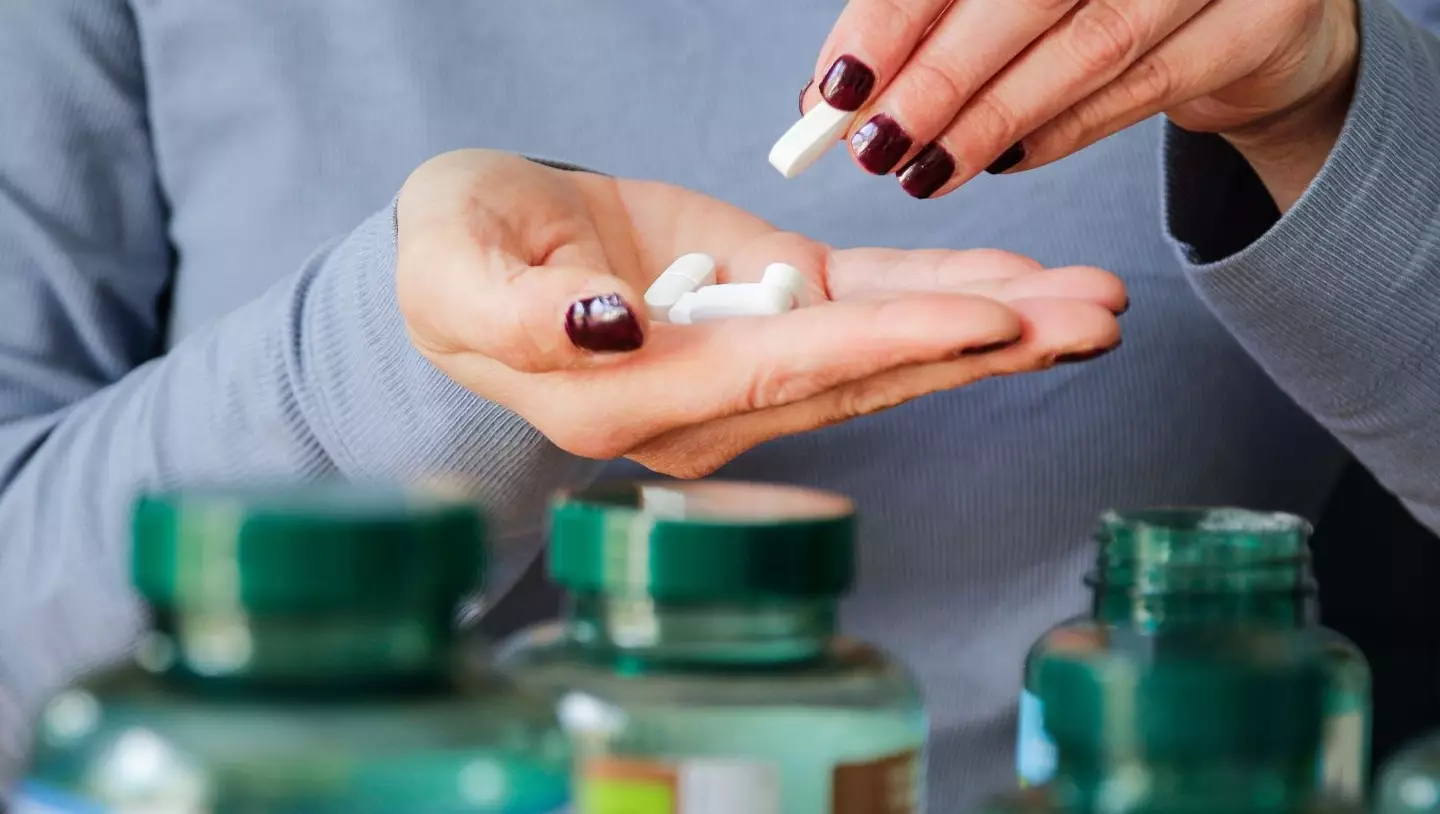
Experts have warned that a plethora of foods and drinks should never be taken alongside a popular dietary supplement - here’s what you need to know.
Supplements address nutritional deficiencies, filling in the gaps where your diet or lifestyle fails.
For some with health conditions, that means daily vitamin D tablets, and for people following a strict vegetarian diet, Vitamin B12 could be on the cards.
But did you know that not all supplements work in harmony with your diet?
Advert
Medical professionals warn that five types of food and drink can reduce the effectiveness of the magnesium capsules or powders you’re taking religiously.
These include foods like pasta and bread, and your favourite ‘fridge cigarette’, AKA your ritualistic 3pm Diet Coke, according to Health.
High-fibre foods
.jpg)
There are a vast number of high-fibre foods lauded by institutes like the National Cancer Institute, including whole-wheat pasta and bread, fruit and vegetables such as cabbage, broccoli, and sweet potatoes, and healthy snacks like granola and popcorn.
But Leigh Erin Connealy, medical director at Center for New Medicine, says it’s best to avoid eating these items if you’re taking magnesium.
“The fibre can bind to magnesium, moving it through the digestive system while preventing it from being absorbed into the bloodstream,” she explained to Health.
If you’re not willing to compromise your high-fibre diet, eating foods rich in magnesium, such as edamame beans, avocado, and dark chocolate, should make up for any reduced absorption.
High-oxalate foods
Spinach, sweet potatoes, soy products, and some bran cereals are classed as high-oxalate foods.
These should not be eaten with magnesium supplements because they can bind in the intestines, leading to the creation of magnesium oxalate, a compound the body doesn’t absorb well.
Alcohol and caffeine
According to Jobby John, CEO and founder of both Lake Hills Pharmacy and Nimbus Healthcare, excessive alcohol consumption can massively interfere with magnesium absorption, possibly increasing its excretion by the kidneys, which may lead to deficiencies and liver disease.

The same goes for consuming large amounts of caffeine, the expert warned.
For overall health and to support optimal magnesium and other mineral absorption, it's advised that you limit both your alcohol and caffeine intake.
Phytic acid
Phytic acid is a natural substance found in plant seeds like almonds, Brazil nuts, walnuts, and wheat bran, according to Healthline.
Often referred to by professionals as an ‘anti-nutrient’, the commercially favoured mineral is famed for its antioxidant properties, but is said to interfere with magnesium supplements.
When consumed simultaneously with the mineral, phytic acid can bind to it, forming another insoluble compound that the body cannot absorb.
John stated that to get the most out of your supplements, it's best to wait at least two hours between eating phytic acid-rich foods and taking the mineral.
Soda
Most sodas contain phosphoric acid, an inorganic compound that has a sharp, tangy taste.
Unfortunately for magnesium takers, phosphoric acid from your favourite fizzy drinks can bind to the supplement and form compounds that the intestines can’t absorb.
This, as explained by Health, can reduce the amount of magnesium available to the body.
If you’re hell-bent on drinking your soda, be sure to leave ample time between your treat and your magnesium tablets.
